Rising Health Awareness
The increasing awareness of health and wellness among consumers is driving the commercial water-filter market. Businesses are recognizing the importance of providing clean and safe drinking water to employees and customers. This trend is particularly evident in sectors such as hospitality and food service, where water quality directly impacts customer satisfaction. According to recent data, approximately 70% of consumers in the US express concern over water quality, prompting companies to invest in filtration systems. The commercial water-filter market industry is thus experiencing a surge in demand as organizations seek to enhance their brand image and ensure compliance with health standards. This heightened focus on health is likely to continue influencing purchasing decisions, leading to sustained growth in the market.
Environmental Regulations
The implementation of stringent environmental regulations is significantly impacting the commercial water-filter market. Regulatory bodies are enforcing standards that require businesses to ensure the safety and quality of drinking water. This has led to an increased demand for advanced filtration systems that can meet these compliance requirements. For example, the Environmental Protection Agency (EPA) has established guidelines that necessitate regular testing and maintenance of water systems in commercial establishments. As a result, the commercial water-filter market industry is witnessing a shift towards more sophisticated filtration solutions that not only comply with regulations but also promote sustainability. Companies that invest in compliant systems are likely to gain a competitive edge in the market.
Technological Innovations
Technological advancements are reshaping the commercial water-filter market, introducing more efficient and effective filtration solutions. Innovations such as reverse osmosis, UV purification, and advanced carbon filtration are becoming increasingly prevalent. These technologies not only improve water quality but also reduce operational costs for businesses. For instance, systems that utilize smart technology for monitoring and maintenance are gaining traction, allowing for real-time data analysis and improved efficiency. The commercial water-filter market industry is projected to grow as these technologies become more accessible and affordable. As businesses seek to optimize their water filtration processes, the integration of cutting-edge technology is likely to play a pivotal role in shaping market dynamics.
Consumer Demand for Quality
The growing consumer demand for high-quality water is a key driver of the commercial water-filter market. As consumers become more discerning about the water they consume, businesses are compelled to provide superior filtration solutions. This trend is particularly evident in sectors such as restaurants and cafes, where the quality of water can significantly affect the taste of beverages and food. Market data indicates that establishments offering filtered water are likely to see an increase in customer loyalty and satisfaction. Consequently, the commercial water-filter market industry is experiencing heightened competition as businesses strive to meet these evolving consumer expectations. This demand for quality is anticipated to continue shaping market trends and influencing product development.
Corporate Sustainability Goals
Many organizations are adopting corporate sustainability goals, which are influencing their purchasing decisions in the commercial water-filter market. Companies are increasingly aware of their environmental impact and are seeking solutions that align with their sustainability objectives. This trend is particularly strong in industries such as food and beverage, where water usage is substantial. By investing in efficient water filtration systems, businesses can reduce waste and improve their overall environmental footprint. The commercial water-filter market industry is thus benefiting from this shift, as more companies prioritize eco-friendly solutions. This focus on sustainability is expected to drive innovation and growth within the market, as businesses strive to meet both consumer expectations and regulatory demands.


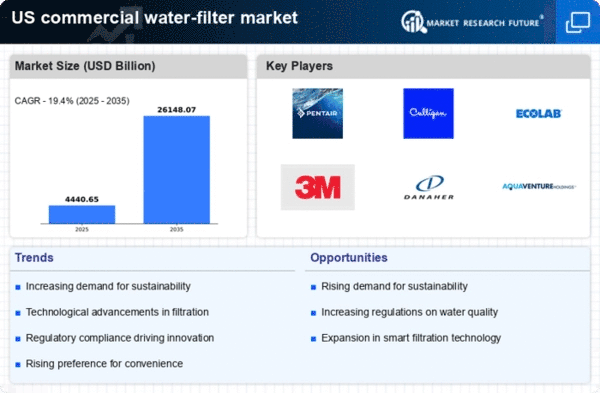

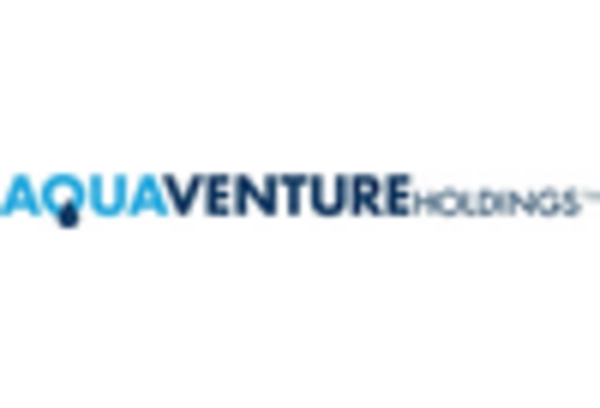
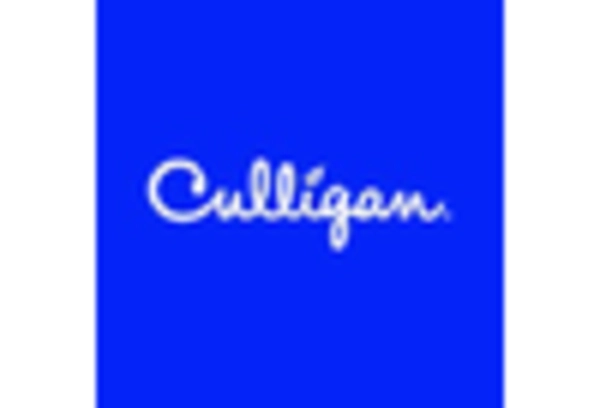
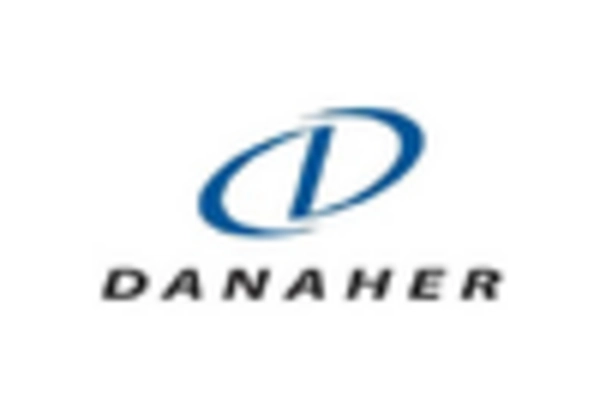
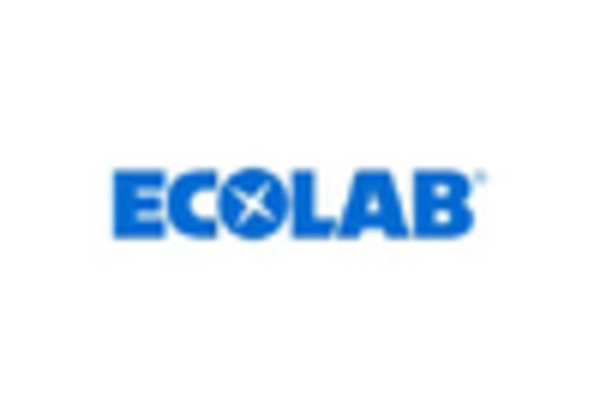
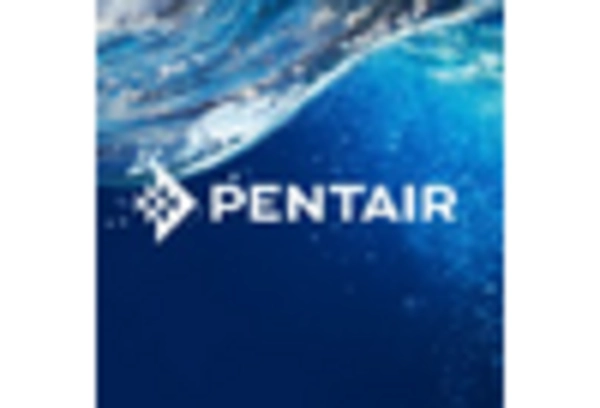








Leave a Comment